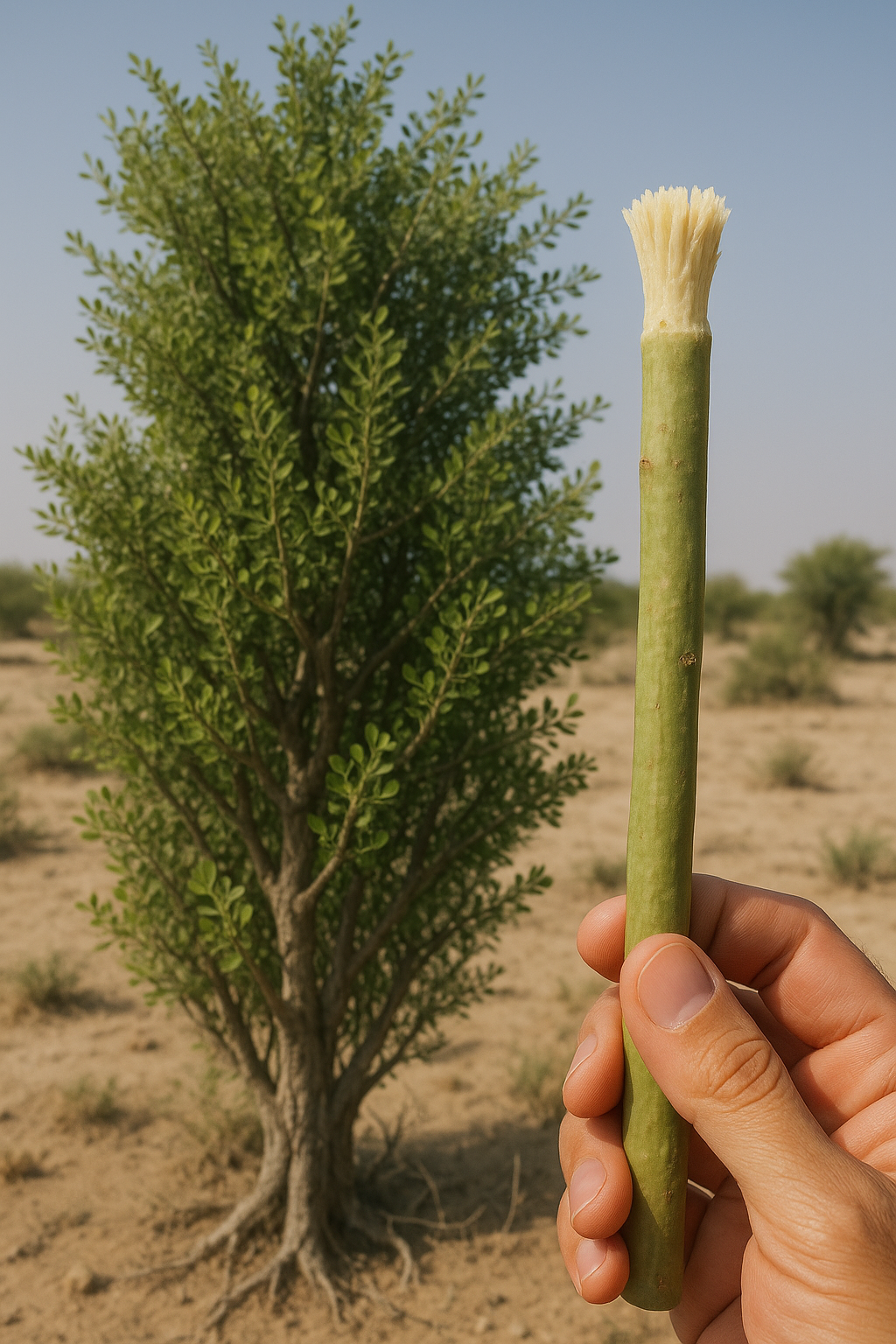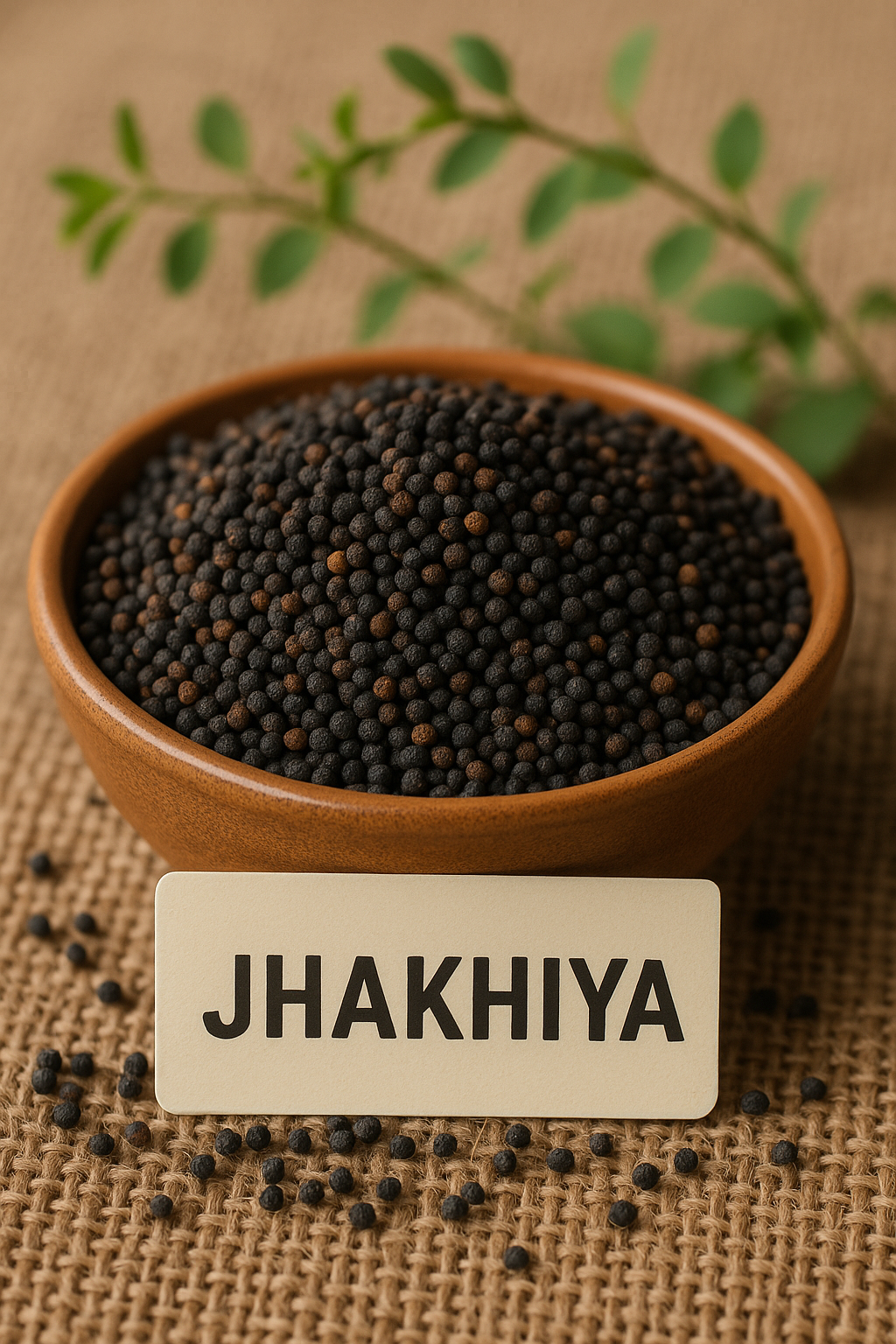Pilu, also known as Salvadora persica, is a remarkable shrub that thrives in dry, arid climates. This tree is famous for its medicinal properties, especially in oral hygiene. Pilu grows well in saline soils and can be found in desert regions, riverbanks, and floodplains. Its ability to survive with little water makes it a vital resource for dryland farming and desert greening efforts.
The most well-known use of Pilu is as a natural toothbrush. The twigs from this tree, called Miswak, have been used for centuries to clean teeth. Many people in Africa, the Middle East, and India still use Miswak today due to its many benefits for oral health.
Research shows that Miswak contains antimicrobial properties that help reduce oral bacteria. This can prevent plaque buildup and gum diseases, such as gingivitis. The natural fibers of the Miswak also massage the gums, promoting blood circulation and strengthening them. Furthermore, Miswak is known to have antibacterial effects that can lower the risk of cavities.
Using Miswak is simple and effective. You can chew on the twig to soften it and then use it like a toothbrush. The natural abrasive texture helps to clean teeth and freshen breath. Many people prefer Miswak over traditional toothbrushes because it is portable and eco-friendly.
Apart from oral care, Pilu offers various medicinal benefits. Its roots and leaves have been used in traditional medicine for treating digestive issues, respiratory problems, and skin diseases. The roots are known to have a mild laxative effect, helping with constipation and promoting good digestion.
In addition, the leaves of Pilu are rich in vitamins and minerals, including vitamin C and potassium. Eating the leaves can support overall health and boost the immune system. The plant’s bark can also be used to relieve inflammation and pain, making it useful for conditions like arthritis.
Pilu is not only beneficial for humans but can also be a valuable resource for livestock. In places like Namibia, the shrub is used as drought-resistant fodder for cattle. Its ability to thrive in harsh conditions makes it an essential plant for farmers in arid regions.
The ecological benefits of Pilu cannot be overlooked. By planting this tree, farmers can contribute to desert greening efforts, promoting biodiversity and preventing soil erosion. Its deep roots help stabilize the soil, making it easier for other plants to grow in the area.
In conclusion, Pilu, the desert toothbrush tree, is a treasure trove of health benefits. From oral hygiene to traditional medicine, this resilient shrub plays an essential role in the lives of many people. Its ability to thrive in challenging environments makes it a sustainable choice for both farmers and future generations. As awareness of its benefits grows, we can hope to see more people adopting Miswak as a natural alternative for dental care and exploring the other medicinal uses of this remarkable plant.



